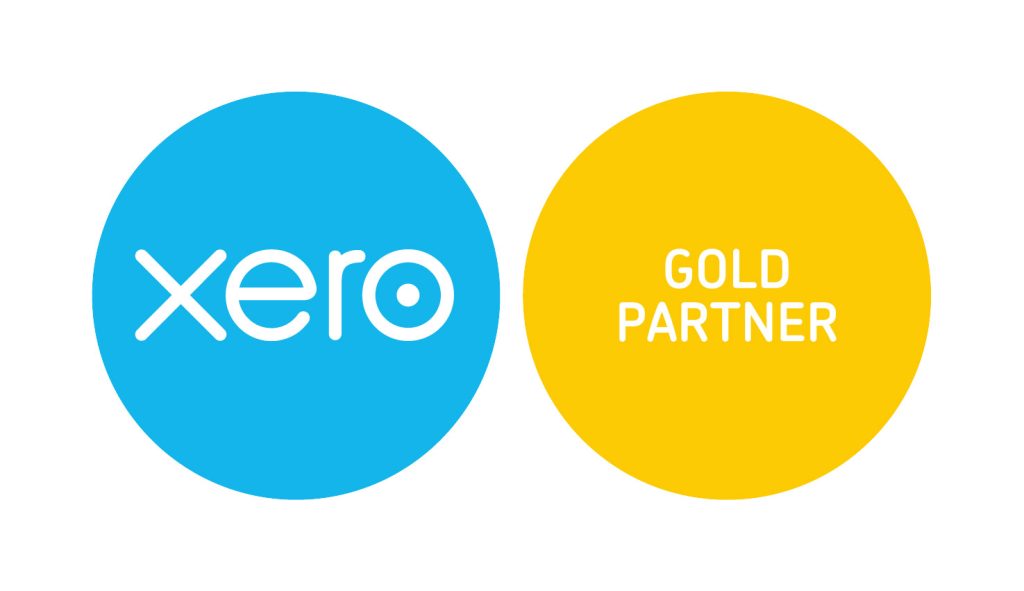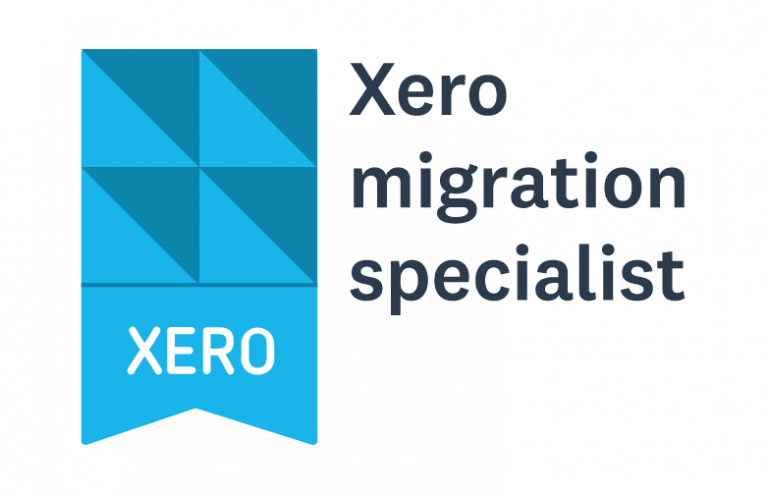Personal Tax Accountants
Home » Chartered Accounting Services » Personal Tax Accountants
The world of personal taxes is far from straightforward, and remaining compliant can be an intimidating prospect. Our team of specialist personal tax accountants can ensure your affairs are in order and identify tax planning opportunities to help protect your personal wealth.
What is personal tax?
Personal tax is a catch-all term for the taxes due on all personal income in the UK, including income tax and Capital Gains Tax. All personal income must be reported annually via a self-assessment tax return to HMRC. The vast majority of individuals who declare their earnings via self-assessment are self-employed, as a sole trader, company director or a partnership.
If you are in employment and pay taxes via PAYE, you are not responsible for declaring your taxable earnings. However, if you are employed but receive income via another source, e.g. rental income, you may also be required to register for self-assessment.
Income tax
This is the primary form of personal taxation in the UK and is paid on the income earned from various sources, such as self-employment, pensions, and savings. Income tax is due on all earnings above the personal allowance of £12,570 and is payable at a rate commensurate with your earnings, at either 20%, 40% or 45%.
Tax on investment income
This includes earnings from investments like dividends and interest. Individuals receive dividends from shares or profits from interest-bearing assets. These sources of income are subject to specific tax rates, and individuals must report them accurately in their annual self-assessment tax returns.
Tax on property income
Profits generated from both long-term rentals and short-term holiday lets must be declared via self-assessment, as well as any gains made from the sale of investment properties. Property owners must maintain accurate records of their rental income, allowable expenses, and capital gains, and report these details on their annual self-assessment tax return.
Capital Gains Tax
In the UK, Capital Gains Tax (CGT) must be paid on the profit made from the sale or disposal of ‘chargeable assets’, including property and shares, that have increased in value over time. The taxable amount is calculated by deducting the property’s original purchase price and allowable expenses from the selling price and must be reported in the annual self-assessment tax return.
What personal tax services do Spotlight Accounting provide?
Spotlight Accounting can offer a range of services to deal with personal tax affairs. From the basics of tax compliance and annual tax returns, through to strategic tax planning, we’re here to help you fulfil your obligations and protect as much of your earnings as possible.
Tax compliance
We will help you to understand your tax obligations in plain English and ensure you submit your tax returns accurately and in good time. Our tax processes are watertight and we will provide prompts throughout the year to help you meet your obligations with ease.
Not only will we help work out your taxable income and eligible business expenses, but we will also compile and submit your return to HMRC on your behalf to save you a lot of time and hassle.
Tax planning and advice
An unexpected tax bill can have devastating consequences for self-employed people, which is why it is essential to look ahead and plan for your tax liability. We can work with you throughout the tax year to ensure there are no nasty surprises. If you opt for our bookkeeping services, this will make the task even easier.
What’s more, we will actively seek tax-saving opportunities to help save you money. We will consider your personal circumstances carefully and take a holistic approach to managing your tax affairs, to ensure you make the most of various reliefs and incentives.
For example, we can provide insight on the most tax-efficient business structure, and advise on the right time to dispose of assets and investments.
Who can benefit from a personal tax accountant?
A wide range of self-employed individuals can benefit from personal tax advice from Spotlight Accounting, including:
Sole traders – Whether you’re a freelancer, consultant, or operate a small business as a sole proprietor, our services can help you with the complexities of self-assessment and ensure compliance with tax regulations.
Partnerships – As a partner, we can help you understand your tax liabilities, allocate profits efficiently, and adhere to partnership tax obligations.
Limited company directors – As a company director, we can help you to optimise your remuneration strategy, understand dividend taxation, and ensure compliance with HMRC regulations.
Landlords – We offer personal tax services to both UK and non-resident landlords to ensure that they are operating in the most tax-efficient manner.
Property owners – Whether your portfolio is large or small, or is made up of residential or commercial properties, we can help you to optimise your tax position while staying compliant.
Investors – We can help you understand and manage your tax liabilities on investment income, as well as implement tax-efficient strategies to achieve your investment goals.
Why choose personal tax services from Spotlight Accounting?
Spotlight Accounting is a firm of chartered accountants with a great deal of experience in handling personal tax affairs. We don’t just view tax as a matter of compliance; we’re here to ensure you are fully prepared for your tax bill and are operating in the most tax-efficient way possible.
Relationship building is important to us. We will get to know your personal circumstances and business so that we can do our job effectively and help you save money. We are not a tax return factory – each of our clients is allocated a dedicated personal tax accountant so that they have a single point of contact.
If you could benefit from our professional tax services and advice, get in touch for an initial call.
Frequently asked questions about personal tax accounting
Does HMRC check your bank account?
No, HMRC does not check your bank account, nor do they check every single tax return. However, they do have the right to open a tax inspection and, under a full enquiry, can request copies of your bank statements to ensure that they correspond to the data on your tax return. Banks also report interest paid to individuals each year to HMRC. Again this can be checked against your tax return.
What tax relief can I claim?
There are numerous reliefs and expenses that you may be eligible for, depending on the income source.
The most common relief on Income Tax is tax-deductible expenses, such as travel, equipment and use of home expenses. The expense must be ‘wholly and exclusively’ to run the business. If the expenditure is less than £1,000, then you can claim the trading allowance.
Landlords may be eligible for tax deductions on expenses such as repairs, insurance, management and professional fees. They can also claim a tax credit on finance costs.
Relief can also be claimed for pension contributions, donations, employment expenses and marriage allowance where tax relief is not given elsewhere.
Tax legislation is constantly changing, which is why the advice of a firm of chartered accountants, such as Spotlight Accounting, is essential.
Is inheritance tax included in a personal tax return?
Inheritance tax is not included in a personal tax return, it is dealt with separately and is the responsibility of the executor to file. However, if the individual completed a tax return, both the executor and HMRC will require a return to the date of death to complete the final estate valuations.
What happens when you lose your Personal Allowance?
Your personal allowance is the tax-free amount you can earn each year. For every £2 earned in excess of £100,000, you lose £1 of your personal allowance. Therefore, income earned between £100,000 and £125,140 is taxed at an effective rate of 60%, commonly known as the ‘60% tax trap’.
This is another good reason to work with seasoned personal tax accountants like Spotlight Accounting. We can help you to optimise your tax position and protect as much of your income as possible.
Contact Us
"*" indicates required fields
Client Reviews
Request A Free Consultation
To learn more about the Management Accounting service we offer, why not get in touch with us today?
"*" indicates required fields







